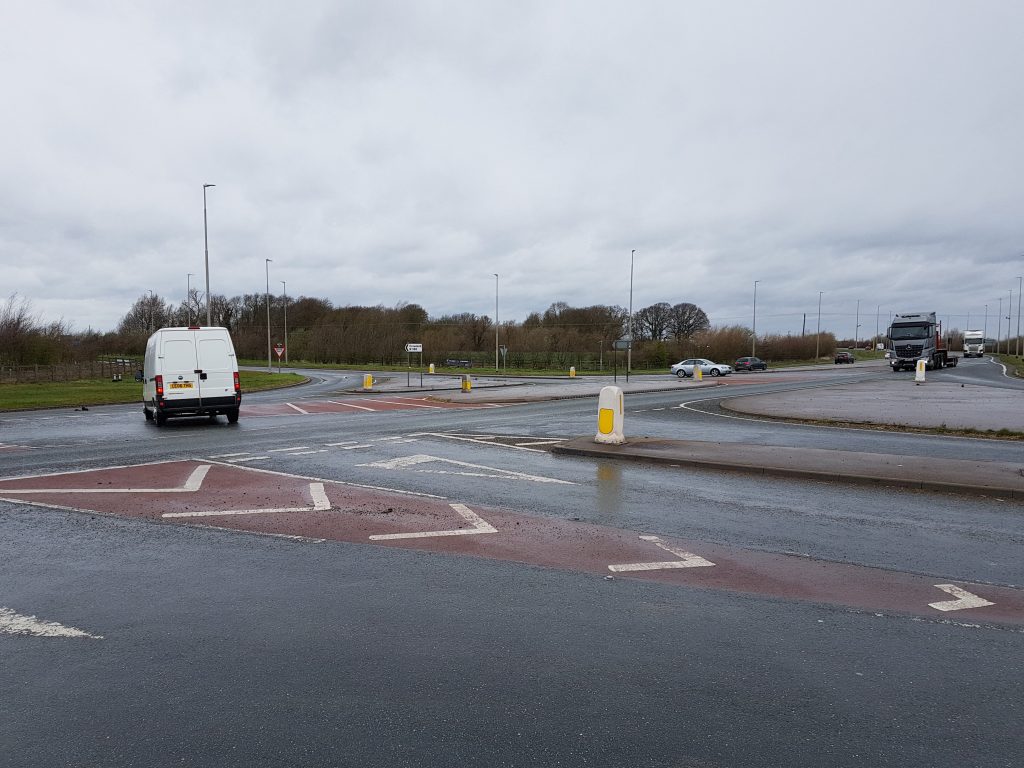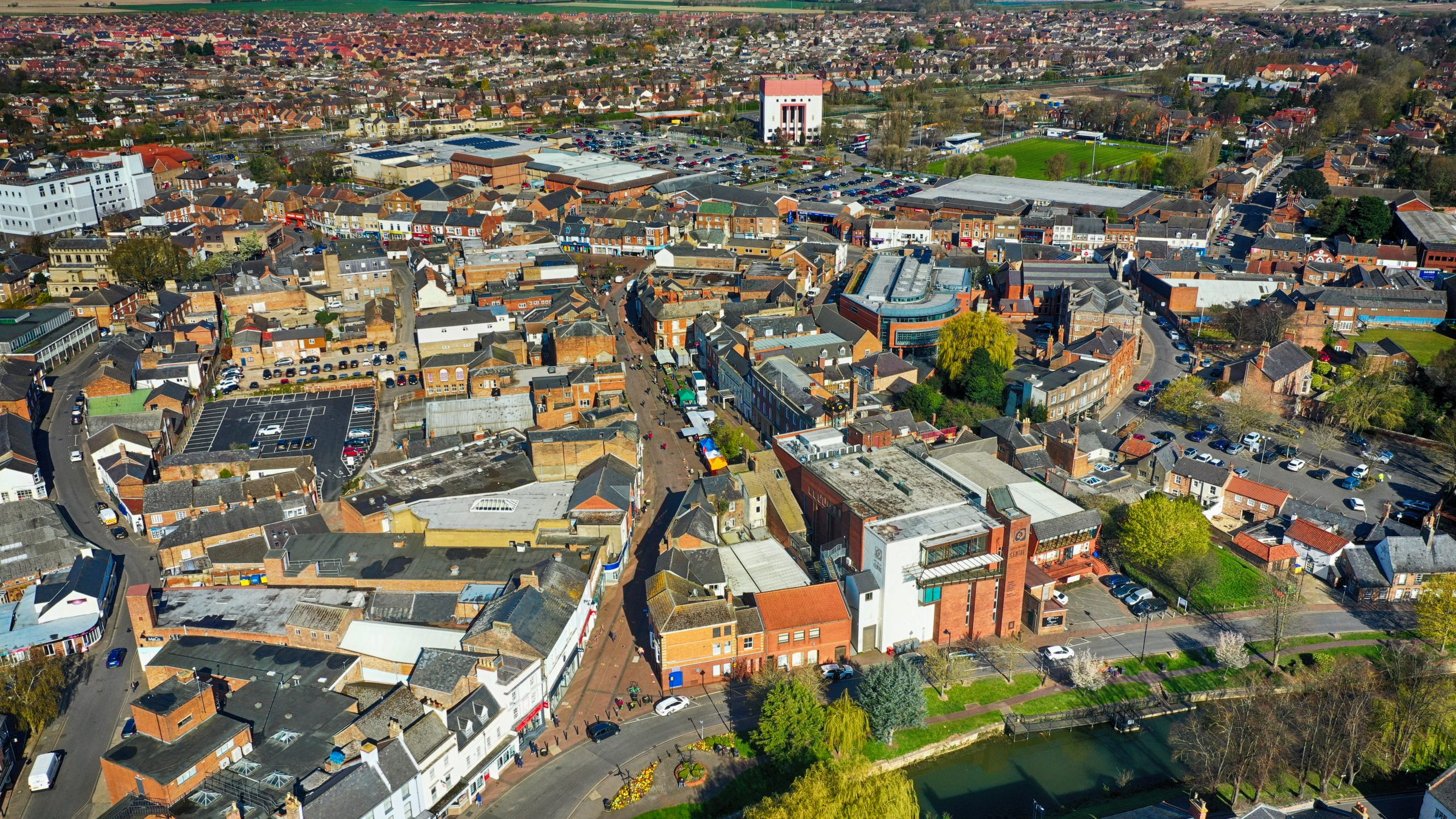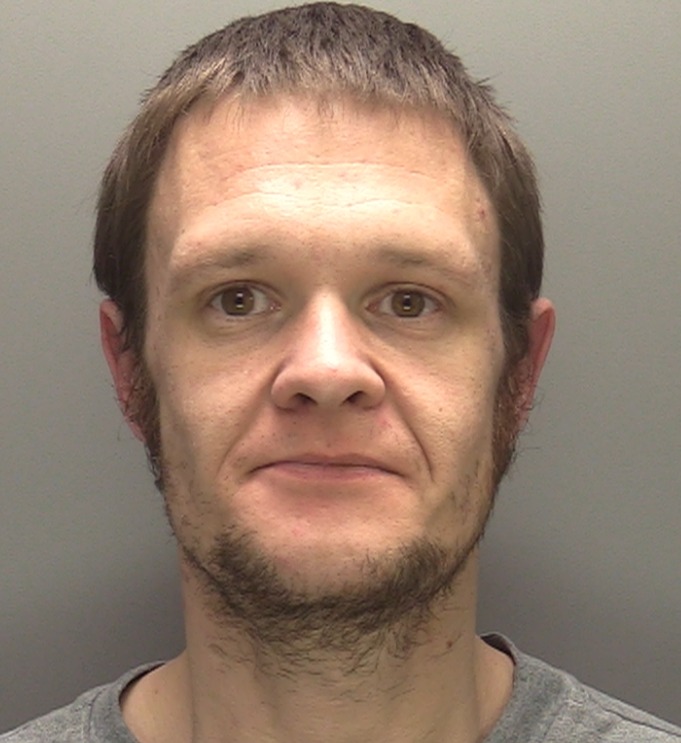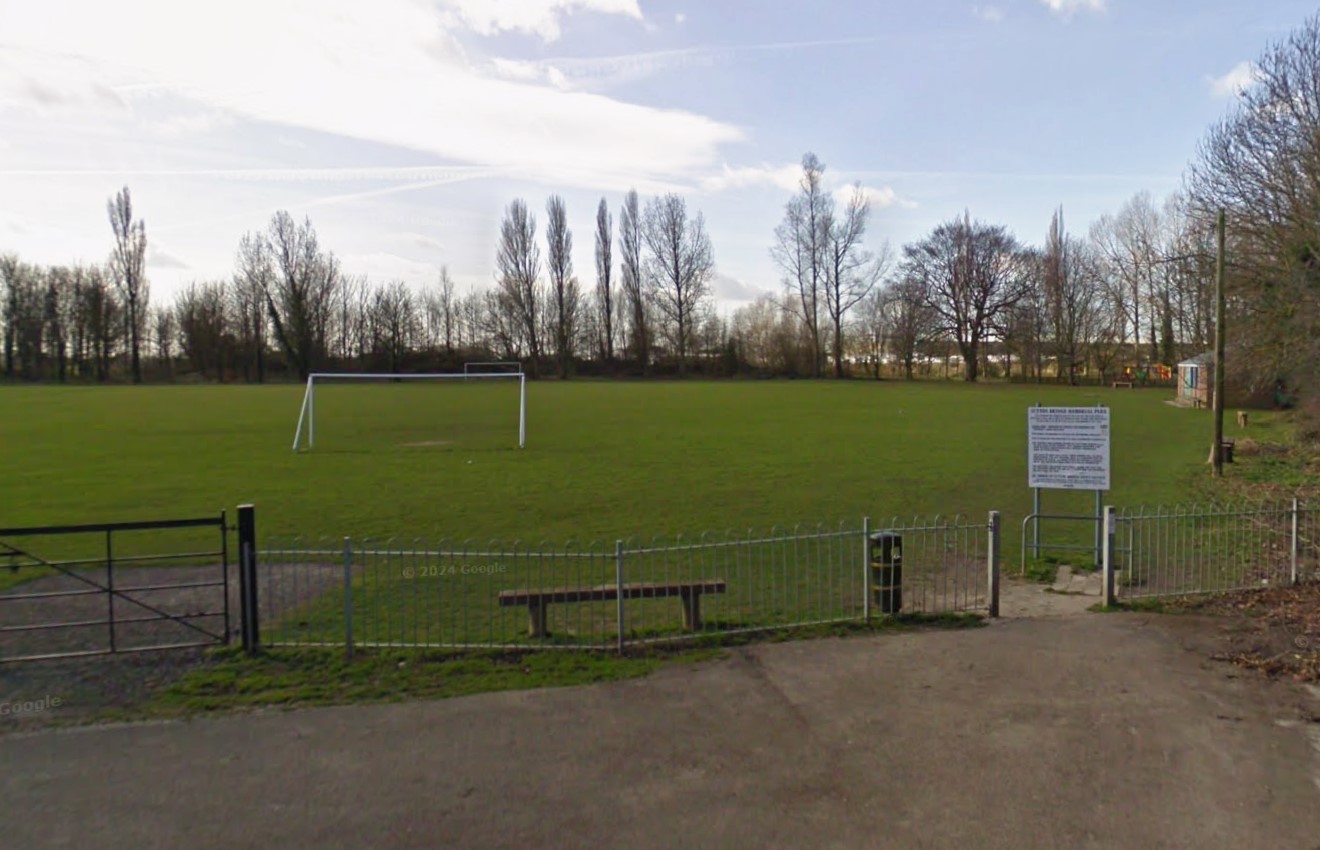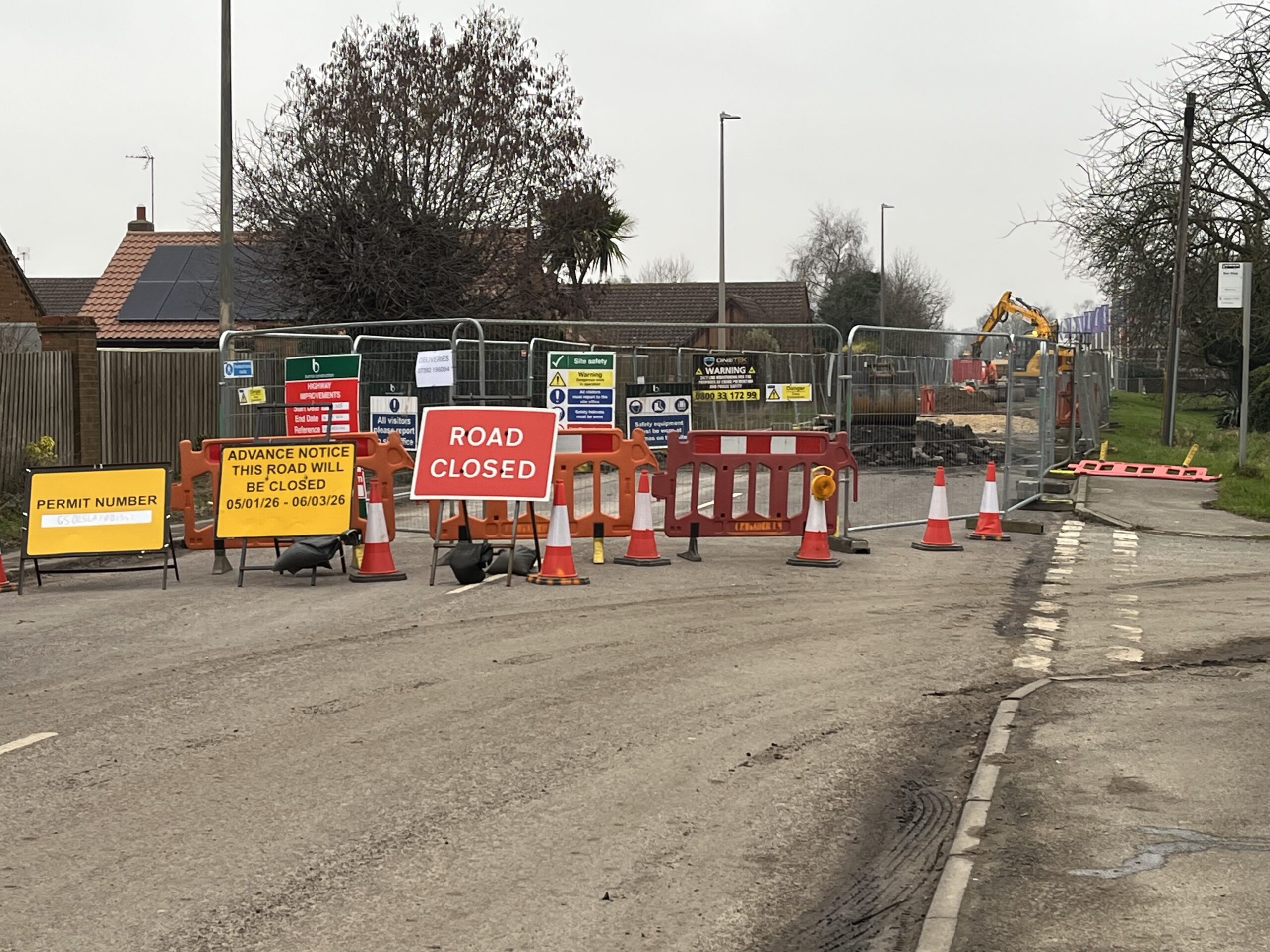A “horrendous” staggered road junction on the A16 Crowland bypass where four deaths have occurred in nine years is unlikely to be altered in the near future.
Earlier this year the senior coroner for Lincolnshire, acting under his powers and duties, reported to both the Secretary of State for Transport and Lincolnshire County Council that action was required at the junction to prevent future deaths. However, the government department said it was a matter for the local authority and the council said it cannot afford to create a roundabout without government funding.
The news comes on the first anniversary of the most recent death at the junction where Hulls Drove and St James Road meet the A16. Crowland motorcyclist Matthew Bilby (48) was killed on September 6 last year and it was evidence heard at the inquest into his death which triggered coroner Tim Brennand’s Regulation 28 report.
The junction was described as “dangerous”, “confusing”, “horrendous” and “difficult” and police collision investigators said a roundabout should be created.
Mr Brennand said at the hearing in March: “I ask myself rhetorically ‘How many more deaths will take place at this location before something is done.
“It should, in plain terms, be a roundabout.”
This week, Paul Rusted, head of highways services at the county council, said: “We are aware of the concerns about the junction and have already taken steps to increase safety.
“In 2016 average speed cameras were introduced on the A16, and we’ve also installed red surfacing at the junction as an additional traffic-calming measure. As a result we’ve seen the number of speeding vehicles drop significantly.
“Creating a roundabout would be a multi-million pound project, and this isn’t something we could afford without government support. There are no opportunities to bid for such funding at the moment, but we continue to monitor the situation and explore other options.”
Meanwhile, Crowland county and district councillor Nigel Pepper, who has campaigned for improvements to the “scary” junction since becoming a county councillor in 2013, believes blocking off its central reservations might be an answer.
He said a feasibility study identified a roundabout as the preferred option but it acknowledged that would lead to a build-up of vehicles, particularly at peak times, contrary to one of the reasons for having the bypass built.
Coun Pepper added: “Owing to the measures that have already been taken, this junction is, unfortunately, no longer considered the highest priority junction for funding in the county and furthermore there is insufficient funds available for a roundabout costing several millions of pounds.
Mr Brennand is precluded from speaking to the press about the situation but is understood to be disappointed.

